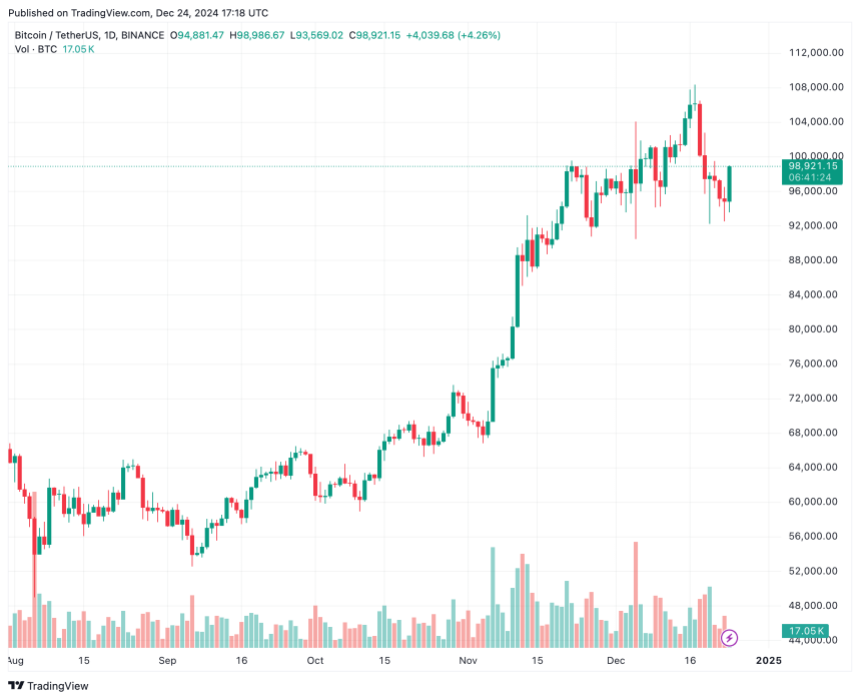According to A report Published today by blockchain security firm Hacken, decentralized finance (DeFi) protocols saw a sharp drop in exploits in 2024, while centralized finance (CeFi) platforms more than doubled their losses due to security breaches. .
DeFi platforms feature better security mechanisms
In its annual Web Security Report 3, Hacken outlined general trends in the cryptocurrency industry with respect to fraud and security infrastructure. The report notes that total losses from security breaches will reach $2.91 billion in 2024.
Related reading
DeFi protocols lost $474 million this year, down 40 percent from $787 million in 2023. This sharp decline reflects the growing adoption of advanced security techniques, such as zero-knowledge cryptography and multiparty computing, across the DeFi ecosystem.
One of the key factors that contributed to the reduction of DeFi exploits is the drastic reduction in chain bridge hacking. The losses from these attacks have been steadily decreasing – from $1.89 billion in 2022 to $338 million in 2023 and finally to $114 million in 2024.
In contrast, CeFi platforms, including cryptocurrency exchanges, reported a loss of $694 million in 2024, more than double the $339 million recorded in 2023. CeFi accounted for nearly a third of all crypto-related incidents, highlighting persistent vulnerabilities in centralized systems.
Gaming and Metaverse projects were another top target in 2024, responsible for nearly 20% of all crypto-related hacks with $389 million in losses. The biggest gaming/metaverse breach of the year was the PlayDapp exploit in the first quarter of 2024, which resulted in a loss of $290 million.
Phishing scams also remain a significant concern, causing more than $600 million in losses this year. These scams highlight sophisticated social engineering tactics in the Web3 space.
In November, the department suffered a $129 million address poisoning attack. For context, address poisoning phishing involves attackers sending small transactions from an address that closely resembles one the victim has interacted with, tricking them into mistakenly sending funds to the fake address in future transactions.
Memecoins and Rugpulls continue to prey on users
While memecoins were all the rage For most of 2024 – especially on the Solana (SOL) blockchain because of that Low transaction costs – A significant portion of them preyed on investors through pre-sale scams and carpet-rolling by celebrities.
Related reading
One notable example is the Hawk Tuah memecoin, which was launched by viral influencer Hailey Welch, known as the “Hawk Tuah Girl”. coin value fell down 95% shortly after launch, which caused a strong reaction from the Web 3 community.
The rise of memecoin-related scams underscores the need for more investor education, especially when engaging with such speculative assets. At press time, Bitcoin (BTC) is trading at $98,921, up 5.8% in the last 24 hours.

Featured image from Unsplash, chart from Tradingview.com




